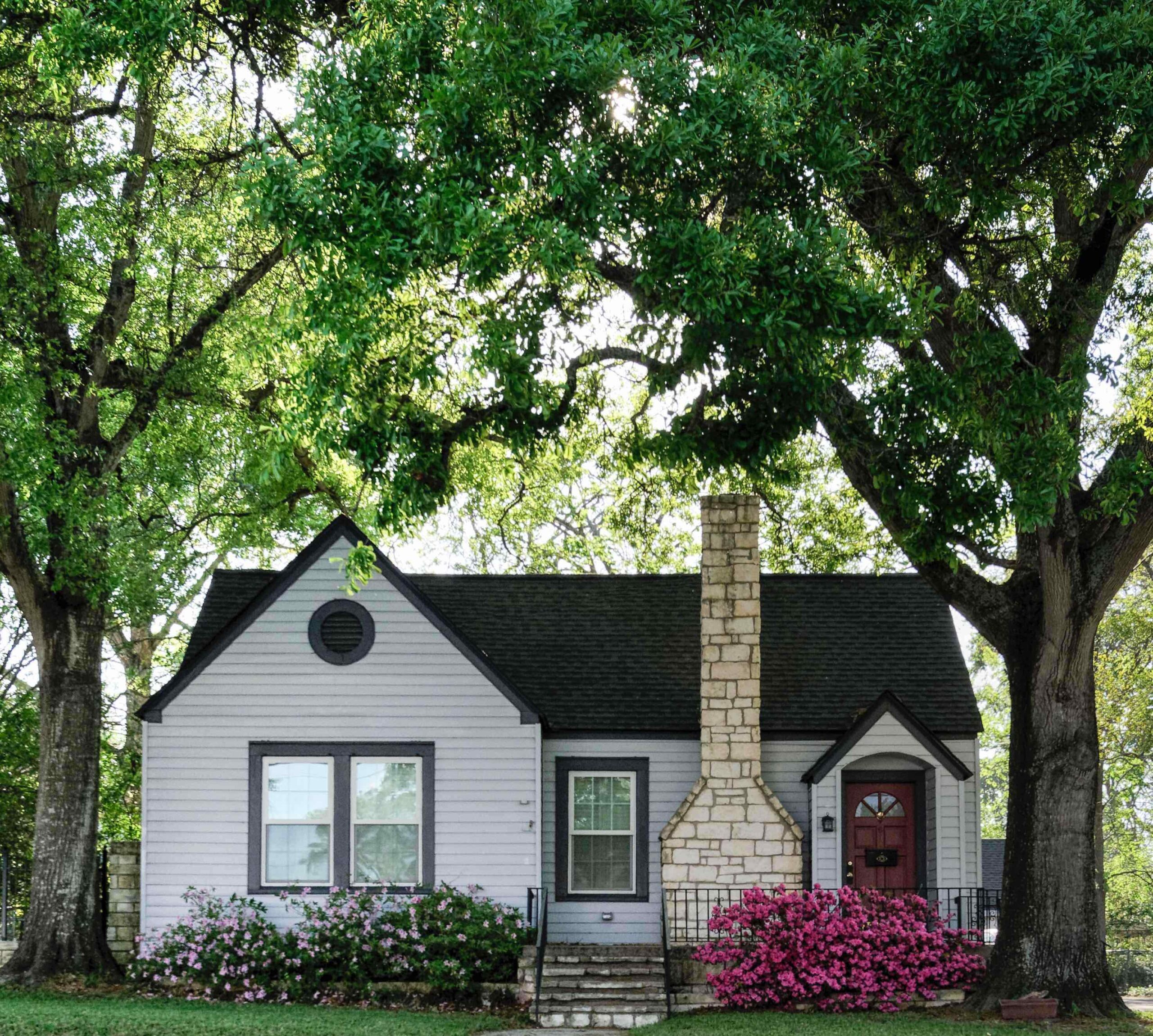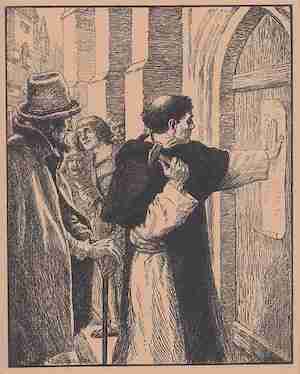Last Sunday evening, I had the privilege of sitting down with a group of teenagers from the Unitarian Universalist congregation in Newburyport, Massachusetts to answer questions about our religious tradition. They, like many other UU teens, are beginning a year-long journey exploring different religions—starting with their own UU tradition. My own son did this as a middle-schooler years ago. Perhaps you or your child also went through this kind of program? I love that Unitarian Universalism seeks to teach our youth about the diversity of religious traditions. And I love that through the “Coming of Age” program for teens, we ask them to consider and name their own deepest values or religious understanding.
When I was a young teenager growing up in a conservative Christian church of the Dutch Reformed persuasion, my religious education was more rigid. I was quizzed from a catechism of prewritten questions and answers dating back to those first laid out in the 17th century by the Protestant Reformer, John Calvin. My job was not to ask my own questions, nor to consider my own possible answers to the questions put forth. Rather, I was expected to learn the beliefs and ideas worked out by earlier generations.
There can be a real beauty in receiving the wisdom of a tradition to which generations have belonged. And living within the contours that define a particular religious tradition can bring a clarifying sense of identity. Sometimes having a clear sense of what to believe can be freeing from too much uncertainty. Sometimes there is deep comfort in choosing to identify within the defined boundaries of a religious group.
If we as Unitarian Universalists truly wish to honor different religions, I think it’s important to respect those who choose to stay within a tradition and accept its boundaries—including those religious traditions with creeds of beliefs, catechisms of questions and answers, and expectations of adhering to a defined understanding of how the cosmos works. There are different ways of being religious in our world. Honoring this diversity upholds the value of religious pluralism.
Within this context of religious pluralism, Unitarian Universalism has its own particular heritage and story, values and principles. For many, freedom of belief is a core value of the UU tradition. In a 2022 address to the delegates at the UU General Assembly, Dr. Dan McKanan of Harvard Divinity School notes:
The founders of the UUA affirmed that individual freedom of belief is inherent in the Unitarian and Universalist heritages. That language has remained in our principles and purposes ever since.
This commitment to religious freedom reaches back centuries. But the meaning of such “freedom” has varied. For example, the Rev. Nathaniel Langdon Frothingham, 16th minister of First Church Boston, wrote:
“We will not attempt to bind others, and we will not consent to bind ourselves, to think the same thoughts through all generations. [But we] ‘hold by the teaching of Christ and his disciples, leaving ourselves free to enlarge its interpretation as God shall give us light.”
On the one hand, Frothingham upheld what we might today call a “living tradition”—the idea that religious understandings evolve and change from generation to generation. We are free to think differently than those who came before us. On the other hand, Frothingham holds to the teaching of Jesus and his disciples as an anchor of religious identity. Here there is no freedom from Jesus’ teachings; only freedom on how to interpret them.
What does freedom of belief mean to you?
For me, it first meant what Frothingham suggests—a freedom to question the interpretations of Christianity in which I was raised. As I learned more about the science of evolution as a college freshman, I questioned the Creation story. I also started to doubt the secondary status of women as silent “helpmates” and became part of a group, “Christians for Biblical Equality.” And I began to wonder whether all sexuality outside of heterosexual marriage was indeed sinful. In time, I even questioned foundational elements of Christianity: the authority of the Biblical text, the divinity of Jesus, and ultimately the nature of Divinity itself.
Such freedom to question, to seek out one’s own answers and understandings is why I became a Unitarian Universalist. For me, I needed a religious tradition that embraced questioning. As I’ve listened to many other UU’s over the years, I know that I am not alone in valuing this core aspect of our tradition.
And yet, freedom of belief is not the only element we inherit from our Unitarian, Universalist, Unitarian Universalist, or even First Church Boston ancestors. As McKanan says, “[We]’ve also throughout our history articulated covenants, professions of belief, principles, sources—all intended to guide us in the practice of our freedom.” Indeed, our own First Church heritage includes the historic 1630 covenant as well as the long-standing practice of reciting the Rev. James Vila Blake’s 1894 covenant—printed in the order of service as the “First Church Boston Affirmation.” Such statements and covenants point to the places of shared values and mutual agreement of purpose. And as a member congregation of the Unitarian Universalist Association of congregations, or the UUA, we have signed on to affirm and promote the Seven Principles articulated in Article Two of the UUA bylaws. These Principles appear on the back of the Order of Service as well as in our hymnals and on a poster in the narthex as you enter the building. For many years, these principles have helped UU’s cultivate shared language about who we are and what we stand for.
Because we are a living, evolving tradition, we, the UUA member congregations, are in a process of questioning whether the current language continues to reflect our shared understanding. New language for Article Two received preliminary approval last June at the UUA General Assembly by delegates from hundreds of congregations. Now, I know that lots of folks do not think bylaws are very fun or sexy. (Although some of us do actually…) I can hear your brains thinking why do I care about a UUA bylaw revision?!? Maybe you don’t. But I do think there are two sets of important questions to explore for all of us:
- What do I believe? What are my foundational values or principles that guide my living and shape my conscience?
- What values or principles do I believe are shared among the members and friends of this congregation? And with UU congregations beyond our own?
The current proposal to revise Article Two invites us into these sets of questions. What do I believe? What do I share with other UUs?
To reiterate, a commitment to freedom of belief is part of the existing and proposed Article Two. To many of us, this commitment is critical to maintaining our connection to this living, questioning tradition. Yet, as McKanan reminds us, our tradition has long sought a balance between this commitment to freedom and “what we say collectively about who we are together.”
This “balancing act” between freedom and community can be a challenging one. Sometimes I’ve heard UU’s only emphasize a freedom to “believe whatever you want” without also considering the ways we affirm shared values and purposes. As an alternative to this idea of UU’s as believing whatever we want, McKanan suggests instead:
“It would be better to say that we are free to believe what our consciences require us to believe. Even if that’s different from what our parents taught us or what our neighbors believe or what we ourselves desperately wish we could believe.”
When I first began to question interpretations of the Christian tradition taught to me by my parents and grandparents, it was painful. There were heated exchanges and tears. At times I felt both the weight of their disappointment in me and their fear for me as I followed my conscience to new and different ideas, beliefs, and values. It would have been easier to just believe as they did. Following one’s conscience can lead us to hard paths.
To illustrate this hard road of conscience, McKanan lifts up two stories: one of Egbert Ethelred Brown, who could have easily been ordained as an African Methodist Episcopal minister. Instead, Brown followed his Unitarian theological convictions into a tradition that ordained him in 1920 as the first African American minister, but nonetheless also consistently undermined his success in ministry. In another story, William Ellery Channing’s decision to preach against slavery alienated both some of his congregants and his family. McKanan emphasizes, “To suggest that Brown and Channing were free to believe whatever they wanted dishonors the real price they paid to follow their consciences.” Following one’s conscience can be a hard and lonely path.
And yet, following one’s conscience also requires community insists McKanan. Only by being in contact with people whose experiences enlighten or challenge our understanding can we truly make conscientious choices. There is no real choice without encountering different points of view beyond our own. Being in community makes us aware of the experiences and ideas of others. Community challenges us to name our own beliefs, values, and reasons for the choices we make.
When we are part of a Unitarian Universalist congregation, we are free to ask questions, to challenge inherited beliefs, and to follow our conscience. And, as part of a community, we are also challenged to balance these practices of freedom with our church Affirmation to follow the law of love, to dwell in peace, and to help one another. Together the balancing act of freedom and community asks us to explore how to love each other in our shared values and in our disagreements—and we will disagree! The balancing act also asks us how to find peace with those who have harmed us or whom we have harmed—like the boy Josh in today’s Yom Kippur story learning to say “I’m sorry.” To be part of a UU community is to learn how to exercise freedom and be in relationship with others.
The freedoms of belief and of conscience affirmed in Unitarian Universalism are a real gift to many of us. Such freedom can be core to our particular way of being religious in a pluralistic world. But such freedom is not the whole story. We also have a long story of working together to name what we hold in common. Although we may still have disagreements, shared values such as love can also guide how we disagree and when we say, “I’m sorry.” It is a balancing act to affirm both freedom of conscience and the gifts of being in community with others. At its best, I believe our church and our UU religious tradition can help us all grow in learning how to balance well.
May it be so. Amen.

